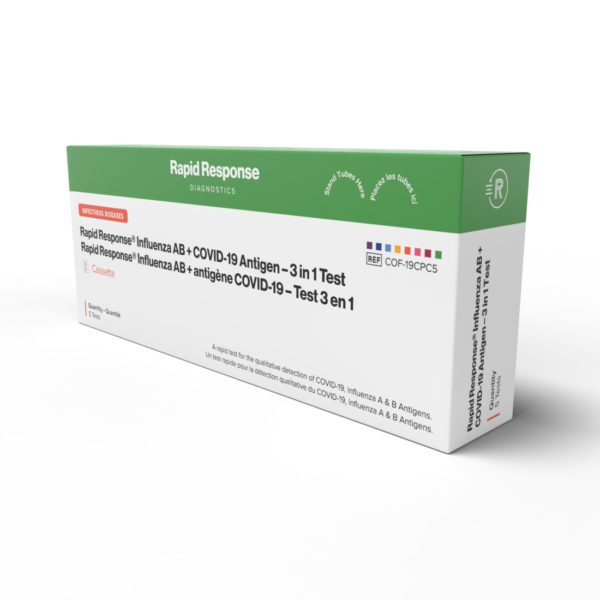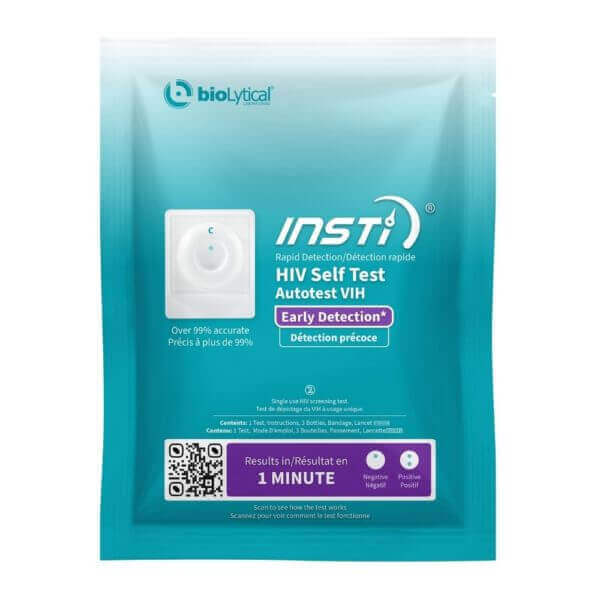Syphilis carves out its niche by affecting infants in ways that are both preventable and treatable, yet potentially devastating if left unchecked.
What is syphilis?
Syphilis is a bacterial infection primarily transmitted through sexual contact, caused by the bacterium Treponema pallidum. Known for its ability to mimic other diseases and progress through several distinct stages if left untreated, it may initially present as a harmless sore at the infection site. Without intervention, it can advance to affect your:
- Skin
- Internal organs
- Nervous system
Ultimately, untreated syphilis can lead to long-term health complications or
Can syphilis be transmitted from mother to child?
Yes, if you’re a mom, you can transmit it to your child during pregnancy or at the time of birth. This form of transmission results in congenital syphilis, a condition that happens when the bacterium Treponema pallidum crosses the placental barrier, directly infecting the fetus.
How does syphilis affect the newborn?
Congenital syphilis is a severe, disabling, and often life-threatening infection that manifests in various harmful ways. Newborns may exhibit symptoms, such as:
- Skin rashes, particularly on the palms and soles
- Fever
- Failure to gain weight or grow normally
- Severe anemia
- Jaundice (yellowing of the skin)
- Enlarged liver and spleen
- Bone abnormalities
- Neurosyphilis
While the symptoms range from mild to severe, its breadth highlights the critical nature of early detection and treatment. Without prompt medical intervention, congenital syphilis can have devastating long-term effects on your child’s health.
How is congenital syphilis diagnosed?
Diagnosing congenital syphilis involves a combination of physical examinations and laboratory tests.
Your healthcare provider will:
- Look for characteristic symptoms in the infant
- Find evidence of liver and spleen enlargement
- Order a blood test to detect the presence of the Treponema pallidum bacteria
- Examine the placenta and umbilical cord at birth
How can you prevent syphilis during pregnancy?
Preventing syphilis during pregnancy revolves around regular prenatal care and syphilis screening.
If you’re pregnant, it’s recommended to undergo syphilis testing at your first prenatal visit to identify and treat any infections early.
If you’re in the high-risk categories or you might have been exposed to syphilis, additional tests during the third trimester are strongly recommended.
Then, if a test comes back positive, your healthcare provider may recommend penicillin therapy as the course of action. This treatment is not only effective in eradicating syphilis but is also safe for use during pregnancy, which is important for the health of both mother and unborn child.
What are the treatment options for newborns?
For newborns diagnosed with congenital syphilis, the healthcare provider will prescribe immediate antibiotic treatment, particularly penicillin. This treatment strategy is designed to eradicate the infection and mitigate any potential health complications.
Following the initial treatment phase, it’s crucial to monitor the newborn for any long-term health effects and attend regular follow-ups with the pediatrician to assess the infant’s ongoing health and development.
Frequently asked questions
Can syphilis be transmitted from mother to baby during pregnancy?
Yes, syphilis can be transmitted from a pregnant mother to their unborn child, a condition known as congenital syphilis. This transmission can result in serious health issues for the baby.
What are the risks of congenital syphilis for a newborn?
Congenital syphilis can lead to miscarriage, stillbirth, premature birth, low birth weight, and death shortly after birth. Surviving infants may experience severe health complications throughout life.
How can pregnant individuals prevent transmitting syphilis to their baby?
Preventing congenital syphilis involves routine syphilis testing early in pregnancy, again during the third trimester, and at delivery for individuals at high risk, followed by appropriate treatment if infected.
Is it possible to treat syphilis during pregnancy to prevent transmission to the baby?
Yes, syphilis can be effectively treated during pregnancy with antibiotics, typically penicillin, which can prevent transmission to the unborn child and mitigate the risk of congenital syphilis.
Key takeaway
It’s possible that syphilis can be passed from mother to child during birth. Early diagnosis and appropriate treatment are critical in managing congenital syphilis and reducing its severe complications.






















































